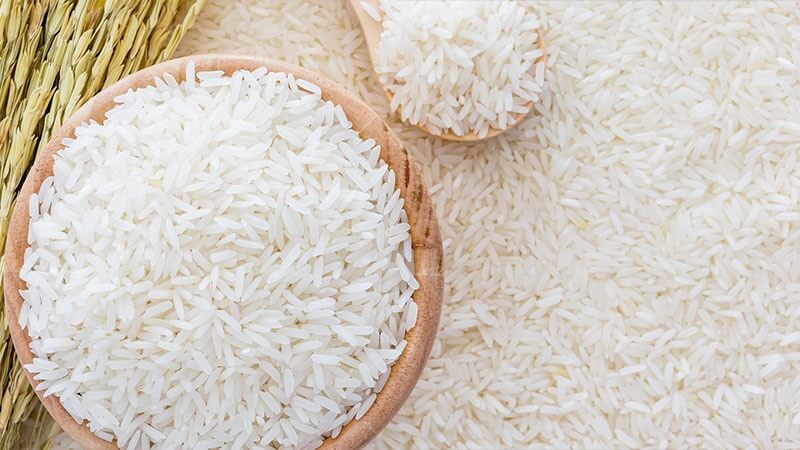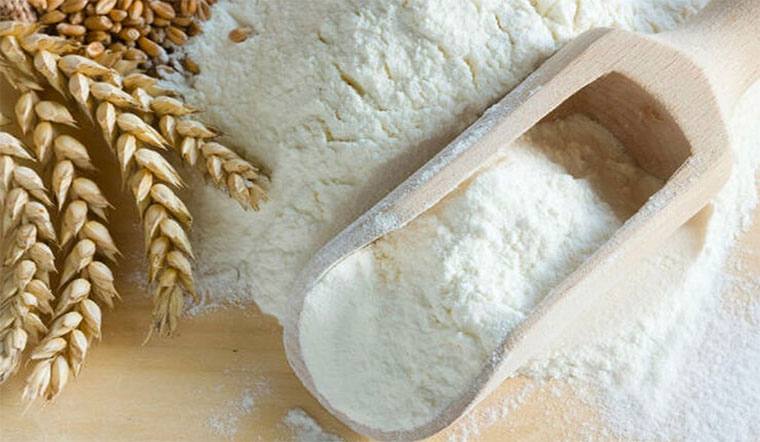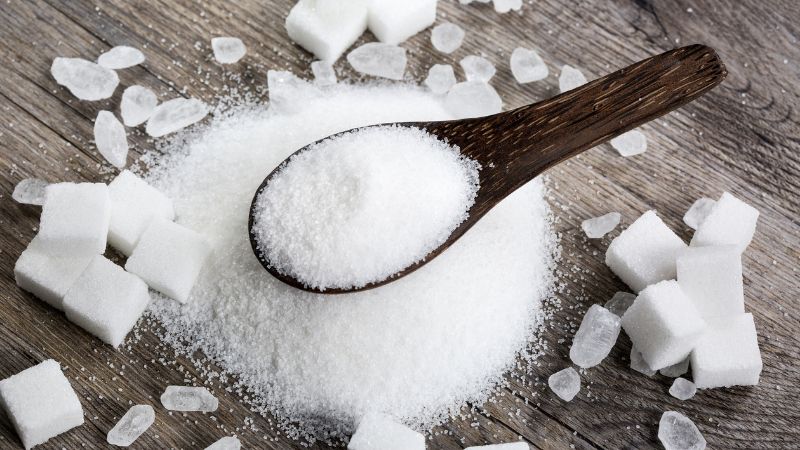Here are three “white” foods that those looking to lose weight should be aware of:
1. White Rice
While white rice is a staple in the diets of many Vietnamese, it may pose some health risks, especially for those aiming to shed some pounds.

White rice is high in starch and can cause spikes in blood sugar levels.
The main issue lies in the processing of white rice. During milling, the outer layers of the rice grain, known as the bran and germ, are removed to create a smooth, white grain. Unfortunately, these layers are rich in fiber, vitamins, and essential minerals, so their removal leaves white rice nutritionally deficient. Additionally, it is high in simple carbohydrates, which can quickly convert to sugar and contribute to fat storage.
Furthermore, white rice has a high glycemic index (GI), meaning it causes a rapid increase in blood sugar levels after consumption. This can lead to increased appetite and overeating, while also making it challenging for the body to burn calories efficiently, potentially resulting in weight gain.
Instead of white rice, opt for whole grain alternatives such as brown rice, oatmeal, or quinoa. These options retain the nutrient-rich bran and germ, providing your body with a good source of fiber, vitamins, and minerals.
2. White Flour
White bread and other products made from white flour, such as crackers, cakes, breakfast cereals, and pastries, should be consumed in moderation, especially if you’re trying to lose weight.

White Flour
The issue with white flour lies in its processing. Similar to white rice, the bran and germ of the wheat grain, which are rich in fiber, vitamins, and minerals, are removed, leaving only the refined flour. This process depletes the flour of essential nutrients and leaves it high in simple carbohydrates that can quickly turn into sugar and contribute to fat storage.
Additionally, gluten, a protein found in wheat flour, has been associated with digestive issues such as bloating and difficulty digesting, and it may even cause gut damage in sensitive individuals.
Gluten has also been linked to increased production of the hormone ghrelin, which stimulates appetite and can lead to overeating and weight gain.
3. White Sugar
White sugar is high in calories but low in nutritional value. Consuming excess calories from sugar can lead to weight gain and obesity, as the body converts these extra calories into fat. Obesity is a major risk factor for serious cardiovascular diseases, including high blood pressure, atherosclerosis, and stroke.

White sugar can contribute to obesity.
Instead of completely avoiding sweet treats, consider opting for healthier alternatives to white sugar.
Natural sweeteners found in whole foods, such as fruit, honey, and raw cane sugar, can satisfy your sweet tooth while providing additional nutritional benefits. Compared to refined white sugar, these natural sources offer fewer calories and often contain vitamins, minerals, and fiber that support overall health.







































